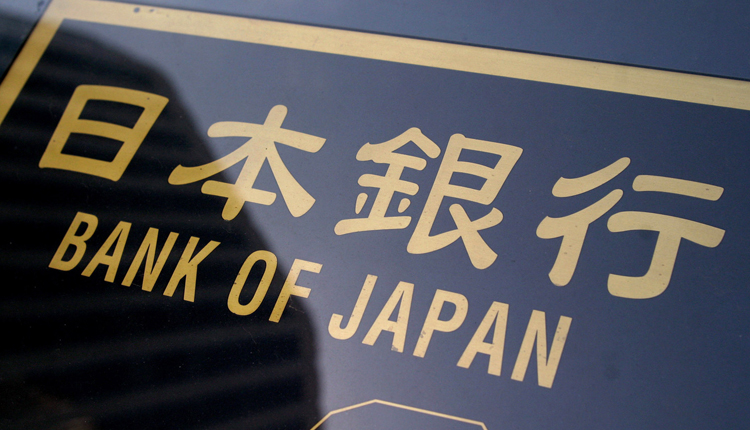The Bank of Japan cut bond purchases for the first time in two months, in an act of surprise to traders as local markets approach a 10-day shutdown for this year’s extended Golden Week holidays.
The central bank offered to buy 160 billion yen ($1.4 billion) of securities maturing in the 10-to-25 year zone at regular operation, versus 180 billion yen previously. It also lowered purchases of debt maturing in more than 25 years to 40 billion yen, from 50 billion yen at the last operation.
The move comes as global bond yields, including Japan’s, have recovered from lows seen earlier in the year, when concerns about world growth intensified.
That’s owing to better-than-expected US and Chinese economic data, rising prospects of a trade deal and the delay to Brexit — all of which have boosted appetite for risk assets and dented the appeal of fixed-income securities.
Market watchers say the tapering was unexpected, given that the central bank had refrained from cutting purchases earlier when yields were much lower.
Also, chances of a cut were seen as slim ahead of Japan’s 10-day holiday break from April 27 through May 6.
Taking into account all maturities, the reduction was the first since February 12, when the central bank reduced buying in the 10-25 year zone by 20 billion yen. The cut in the 25-year plus segment was the first since September.
“The BOJ responded to the recent excessive curve flattening,” says Mari Iwashita, chief market economist at Daiwa Securities Co. “It took advantage of an improving overseas market environment, as US yields have paused their recent declining trend.”
Move signals intention to keep tapering gradually when the financial environment is favorable BOJ probably saw it easier to add upward pressure on yields when they have stopped falling, rather than trying to stem the decline when they are in a downward trend.


